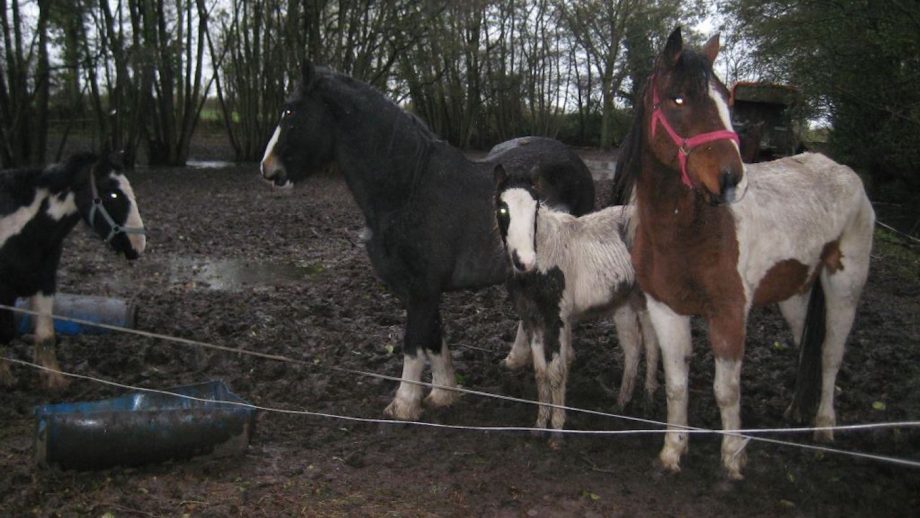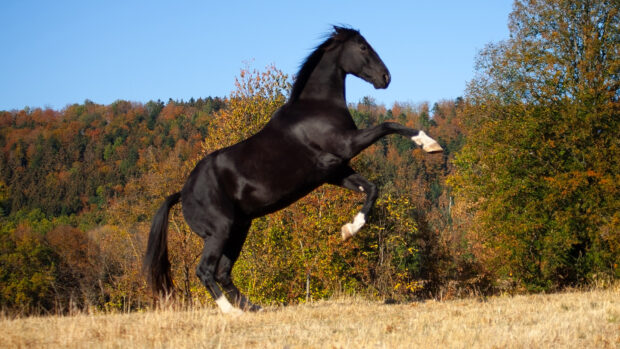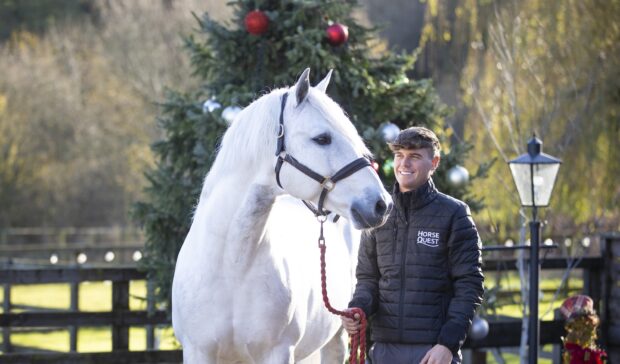SCOTLAND has become the first country in the UK to introduce mandatory licences for animal rescue centres in a “positive step” for welfare – but challenges have been highlighted around ensuring the appropriate training of inspectors.
The regulation, which came into force on 1 September, requires rescue centres and sanctuaries that keep five equines or more to apply for a licence from their local authority in order to operate.
SSPCA chief superintendent Mike Flynn told H&H previously anyone could start a rescue centre, but the new requirements will bring sanctuaries in line with other welfare legislation to make sure animals are being cared for by people with the relevant knowledge and facilities. Mr Flynn said while the regulations were primarily brought in owing to the issues around dog rescues, there have been “a few unfortunate cases” over the years involving equine sanctuaries which have resulted in prosecution.
“These regulations are to stop some of the horror cases seen in the past where a sanctuary fell through the net because there were no [licence] requirements,” he said.
“Often it’s people who start off with the best intentions and will take in a horse here and there, but by the time the SSPCA or any other agency gets involved some have turned into animal hoarders and don’t rehome them. When one of these sanctuaries goes wrong it tends to be a major problem. If a local authority is keeping its eye on them and not allowing them to go over their numbers, it should make a great difference. This isn’t to put a rescue or sanctuary out of business – it’s about everyone coming up to a decent standard.”
Local authorities will enforce the licences and can appoint local authority staff to inspect the premises as part of the application process. Vets or the SSPCA can also be appointed to carry out inspections, but this is not a legislative requirement.
In the World Horse Welfare Scottish equine manifesto published this month (news, 23 September) the charity urged the Scottish Government to commit to appropriate training and resourcing of enforcement bodies to ensure the success of the licences.
“The new legislation is a positive step in ensuring quality care of equines in sanctuaries and providing reassurance to the public who support these establishments that welfare comes first,” said Roly Owers, World Horse Welfare chief executive. “While we recognise the main driver of this legislation is the dog trade, it has real potential to deliver positive improvements in equine welfare. To do this, there will need to be species-specific guidance and upskilling of those appointed to inspect these establishments.
“There is a clear need for these inspectors to have prior experience of horse rehabilitation or welfare cases as, by their very nature, the horses these sanctuaries care for often have complex needs and will be at various stages of the rehabilitation process. There will be a real challenge facing inspectors to ascertain whether there is a welfare issue during inspection, and we have concerns this could lead to cases of poor welfare being overlooked or, conversely, inspectors mistaking early stage rehabilitation for poor welfare standards and establishments being closed down.”
Mr Owers added the charity looks forward to supporting this legislation and added the equine welfare sector will continue to engage with the Scottish Government to ensure any “difficulties” that arise can be addressed.
“This will also help inform our campaigns in the other UK countries, as we urge their governments to introduce similar legislation.”
A Scottish Government spokesman told H&H the Scottish Government takes animal welfare “very seriously”.
“These important new measures aim to ensure they further protect animal welfare and ensure they experience the best quality of life possible,” he said.
“We would encourage operators of animal sanctuaries and those engaging in animal rehoming to familiarise themselves with the changes to the law and, where required, ensure they apply for and obtain the relevant licence.”
In October 2020 a voluntary code of practice was launched by the Welsh Government, drafted by the Animal Welfare Network for Wales, calling for animal welfare establishments to agree to deliver “exemplary levels” of care and encourage the highest standard of husbandry (news, 15 October 2020). A two-year window was set to gauge the work of the code, before regulation is created. At the time the RSPCA told H&H the charity was working with the UK Government on guidelines for rescues in England.
You might also be interested in:

#ActNow4Horses: new campaign targets ‘window of opportunity’ to improve equine welfare

Voluntary code launched for animal sanctuaries

‘Sanctuary’ court case shows need for rescue licensing
H&H speaks to established equine welfare charities to find out how this recent court case demonstrates the need for licensing

Subscribe to Horse & Hound magazine today – and enjoy unlimited website access all year round
Horse & Hound magazine, out every Thursday, is packed with all the latest news and reports, as well as interviews, specials, nostalgia, vet and training advice. Find how you can enjoy the magazine delivered to your door every week, plus options to upgrade your subscription to access our online service that brings you breaking news and reports as well as other benefits.



